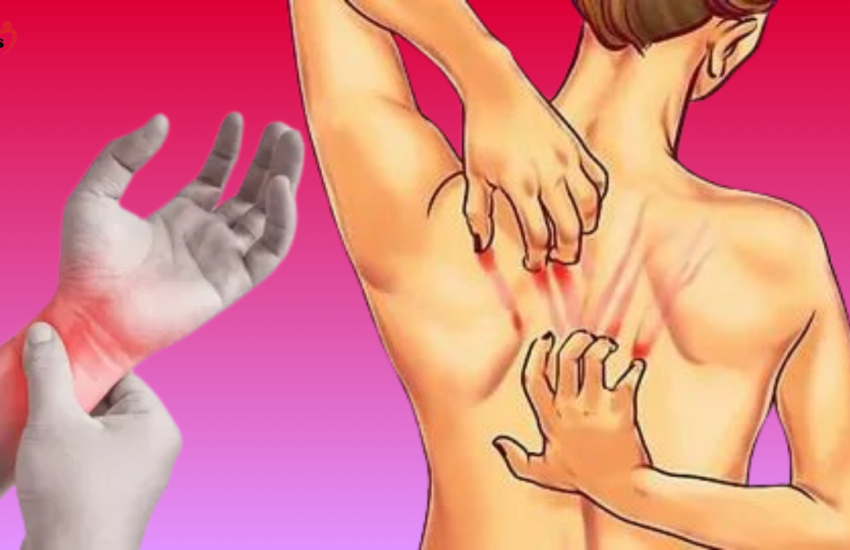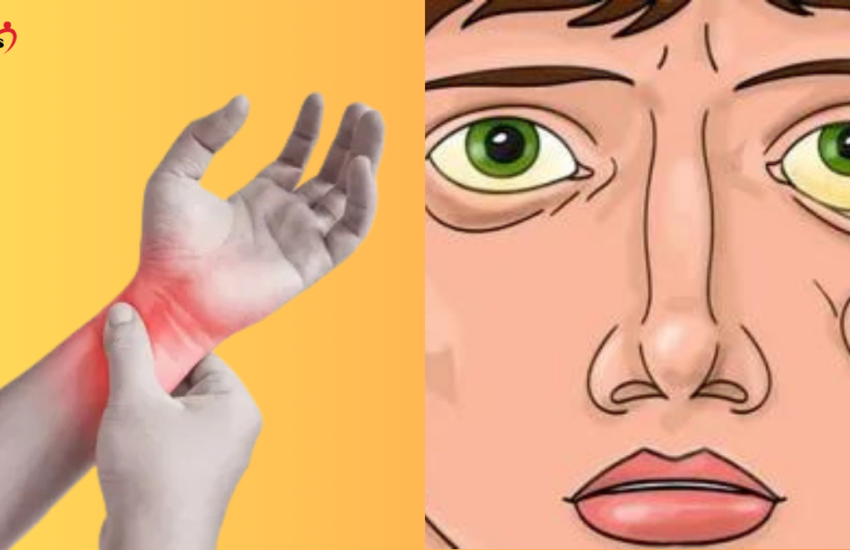A month before a heart attack, your body will warn you
Heart attacks are often unexpected and can be life-threatening, but the body doesn’t always sound the alarm at the last minute. In fact, many people experience subtle warning signs weeks or even months before a heart attack occurs. Understanding these early signs can be crucial to getting timely medical care and preventing further damage. Here are some of the most common symptoms your body may exhibit before a heart attack occurs.
Unexplained fatigue
Sudden, unexplained fatigue is one of the most important and often overlooked symptoms of a heart attack. If you feel unusually tired, especially if the fatigue doesn’t improve with rest, it could be a sign that your heart is struggling to function properly. This feeling of fatigue may be present even after a full night’s sleep or after doing simple tasks that you normally handle with ease.
Many people describe this fatigue as feeling “physically drained,” and it can last for weeks. It’s important not to ignore these symptoms, as they could indicate that your heart isn’t pumping blood efficiently.
Shortness of breath
Experiencing shortness of breath or shortness of breath during everyday activities like climbing stairs, carrying groceries, or even while resting may be a sign that your heart is having trouble keeping up with your body’s oxygen needs. Shortness of breath can occur in the weeks leading up to a heart attack as your heart struggles to pump oxygen-rich blood throughout your body. If these symptoms persist, especially if they occur without exertion, they should not be ignored.
Chest discomfort
While chest pain is often the most common and obvious symptom of a heart attack, many people experience milder chest discomfort in the weeks leading up to a heart attack. This discomfort may feel like pressure, tightness, or a squeezing sensation in the chest. It can occur after physical activity or even while resting. Unlike sudden, sharp chest pain, this sensation may be more persistent and less severe, but it can still be a sign of an impending heart problem. If the discomfort comes and goes, it’s important to see a doctor.
Pain in other areas of the body
Pain or discomfort in areas other than the chest is another warning sign that many people experience before a heart attack. This may include pain or numbness in the arms (especially the left arm), shoulders, neck, jaw, back, or stomach. The pain may start as a mild discomfort, but it may get worse over time. These symptoms may seem unrelated to heart problems, but they should not be ignored.
For example, jaw pain or discomfort in the back or stomach is often mistaken for indigestion or muscle strain. However, persistent pain in these areas, especially when accompanied by other symptoms such as shortness of breath or fatigue, may indicate heart problems.
Dizziness or lightheadedness
Feeling dizzy or lightheaded, especially when standing up suddenly or after minimal exertion, is another possible warning sign of an impending heart attack. This may be due to decreased blood flow as the heart struggles to pump blood effectively. If you experience frequent bouts of dizziness, it is important to consult a health care provider to rule out heart-related causes.
Sweating more than usual
Excessive or unexplained sweating, especially when you’re not physically active, can be a sign that your heart is under stress. Sweating profusely for no apparent reason, such as in cold weather or while at rest, can indicate a heart problem. This type of sweating is known as a “cold sweat” and is often a symptom that people experience before a heart attack.
Nausea or indigestion
Sometimes feeling nauseous, indigestion, or an upset stomach can be an early warning sign of a heart attack. This can be especially common in women, who often experience heart attack symptoms differently than men. Many women report feeling nauseous or having stomach discomfort a few weeks before a heart attack. This discomfort can be misinterpreted as common digestive problems, but when it’s accompanied by other symptoms such as chest pain or shortness of breath, it could indicate heart problems.
Swelling in the legs or feet
Swelling of the lower extremities, such as the legs, ankles, or feet, is another warning sign that the heart may be experiencing problems. When the heart is not pumping blood effectively, it can cause fluid to build up in the lower parts of the body, leading to swelling. If the swelling does not go away or is accompanied by other symptoms of a heart attack, it is important to seek medical attention.
While these symptoms can be signs of other conditions, they should never be ignored, especially if they persist or worsen over time. If you are experiencing any of these signs or symptoms, it is important to seek medical attention as soon as possible. Early intervention can greatly improve outcomes, so if you suspect something is wrong, do not hesitate to consult a doctor



